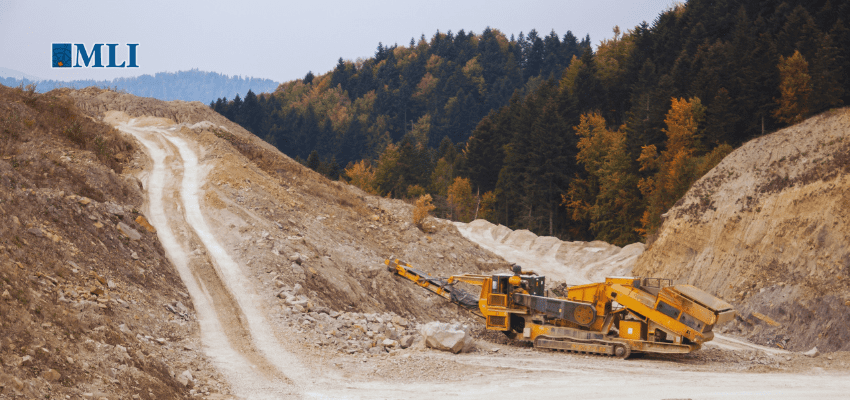This article originally appeared in National Newswatch.
By Stephen Buffalo, May 14, 2025
First Nations across the country followed the 2025 federal election with great interest. We noticed that federal politicians talked a great deal about us, but not very often with us.
This raises questions about how Ottawa may approach key Indigenous issues like resource development going forward.
During the campaign, we noted the two largest parties—the Liberals and Conservatives—spoke often of the need to mobilize Canada’s resource wealth in response to United States President Donald Trump’s tariffs. We observed, with sadness, that the Bloc Québécois continues to oppose building pipelines across Quebec that would deliver western Canadian oil and gas to eastern ports.
Unfortunately, many candidates offered little indication they understand their legal and treaty obligations to work with First Nations on these matters.
Prime Minister Mark Carney routinely said he intends to work closely with Indigenous peoples. If Canada intends to become an “energy superpower,” as he asserts, Indigenous peoples must be brought into full partnership through active and early engagement
We reject, out of hand, the “tick-the-box” consultation requirements of the past. But we are also tired of Ottawa deciding what is best for us through the Impact Assessment Act’s unnecessary complications, as well as restrictions on West Coast shipping implemented without our involvement.
There are Indigenous voices inside and outside of Parliament that the new Liberal minority government should hear.
In fact, the new House has a record number of Indigenous MPs. Two members of the Liberal caucus—Rebecca Chartrand from northern Manitoba and Buckley Belanger from northern Saskatchewan—understand Indigenous involvement with northern resource development. Chartrand and Belanger were both appointed in the new government—as a minister, and a secretary of state, respectively—on May 13. Meanwhile, Conservative MPs Ellis Ross from northwest British Columbia and Billy Morin from the Edmonton region each have extensive experience with the energy sector and bring powerful western and Indigenous voices to Ottawa.
The 130 First Nations members of the Indian Resource Council and our impressive relatives in the First Nations LNG Alliance have decades of experience with the oil, gas, and pipeline industries. We know what failed in the distant past and have fought hard for a proper place at the table. Working closely with energy companies in western Canada, we have forged some of the world’s most impressive Indigenous-corporate collaborations. Our increasing interest in equity investments is a sign of comprehensive and mutually beneficial collaborations with industry and government.
I invite the prime minister to join us in planning the careful, thoughtful, and ecologically sound development of Western Canada’s oil and gas resources. We share the current government’s concerns about the environment. Equally, we recognize that properly executed energy development could bring renewed prosperity to Canada.
I get nervous when I hear about the government’s determination to both keep the Impact Assessment Act and accelerate resource development. I doubt very much the country can have both. When politicians talk, as they have, about a single approval process, I truly hope Ottawa appreciates that new processes cannot simply be imposed on Indigenous peoples. They must be developed with us.
For generations, First Nations in western Canada watched as billions of dollars in wealth was taken from our lands with limited financial return to our communities. But it was similarly concerning in the past decade to watch unilateral decisions by Ottawa slow—and sometimes stop—promising resource projects that had substantial Indigenous support. More than anything, we have had enough of our people being poor. It’s time to get development right.
The election of a new government provides a chance for a new start.
Getting it right is not difficult: understand the issues. We would love to show the prime minister how energy development has transformed our communities so he might understand how a lack of economic involvement is holding us back.
Canada must discuss its development ideas with us, and listen to our feedback. We must be included in all stages of the planning process—not just formal approvals. Let’s talk, too, about revenue sharing, and how we can get access to capital so that we can invest in the sector and share in long-term prosperity.
I congratulate the prime minister and cabinet, and extend our hand in support of our respective agendas. We want to be partners in the development of western Canada. Let’s start now!
Stephen Buffalo is president and CEO of the Indian Resource Council of Canada, and a contributor for the Macdonald-Laurier Institute.






